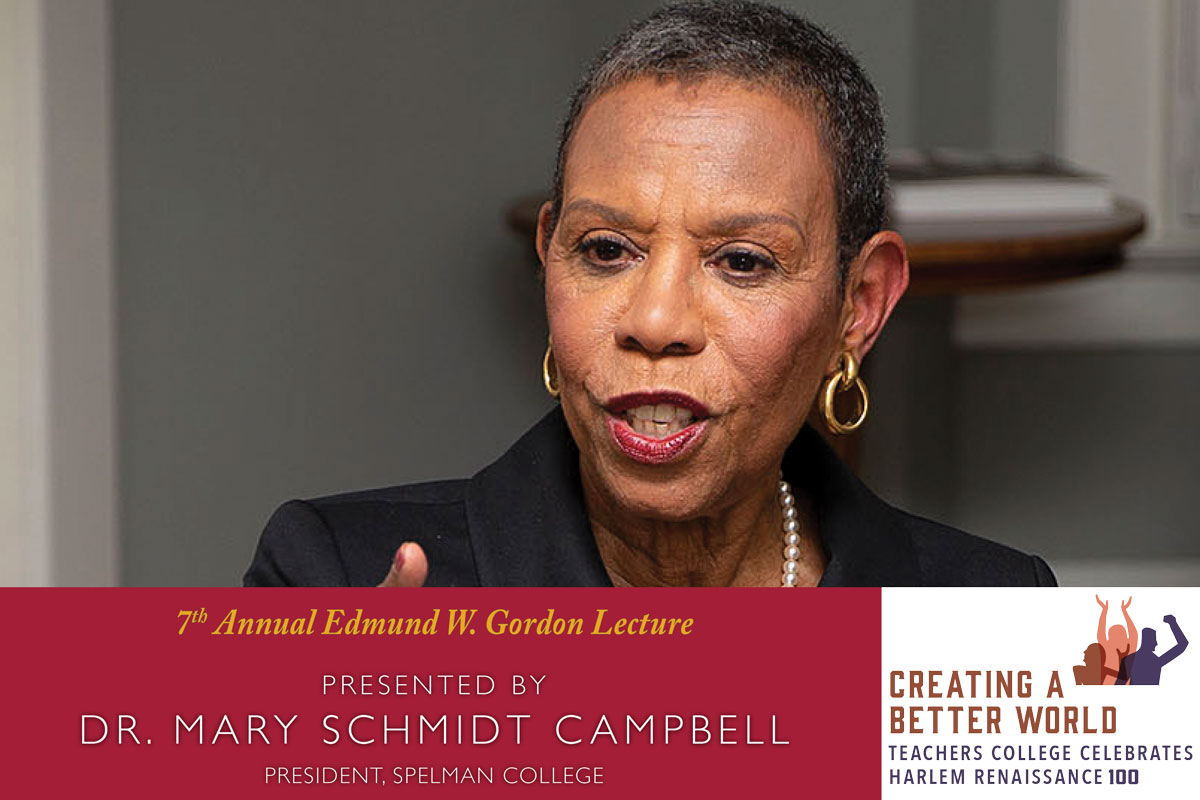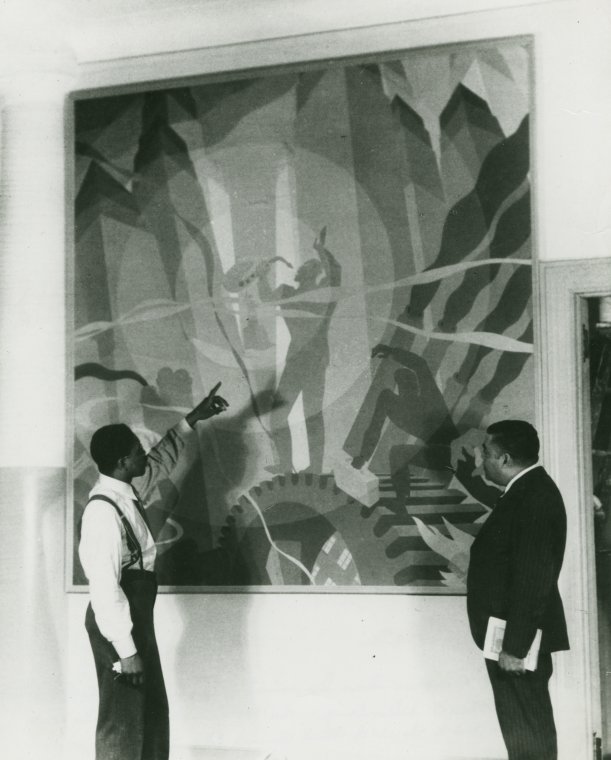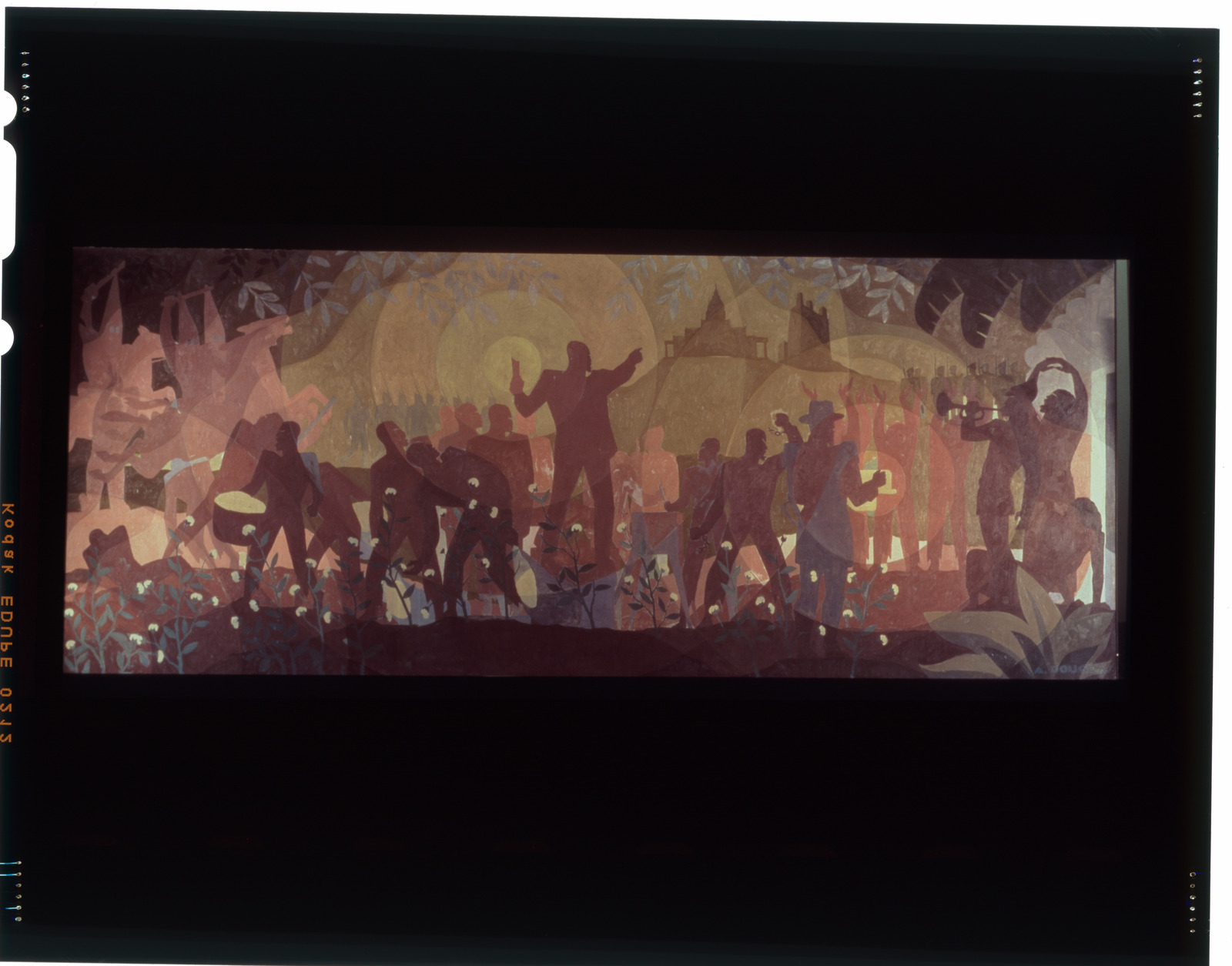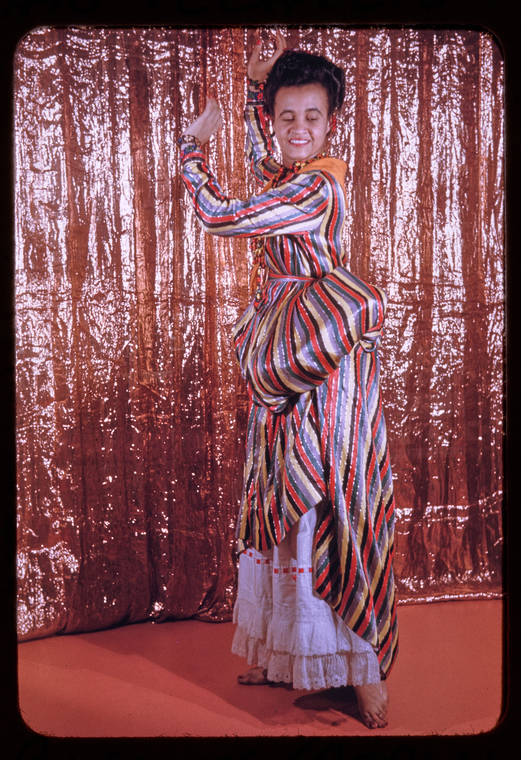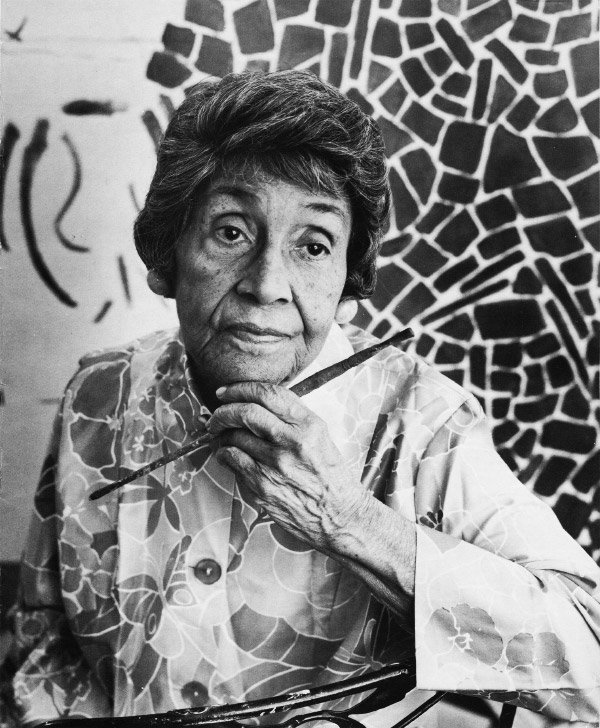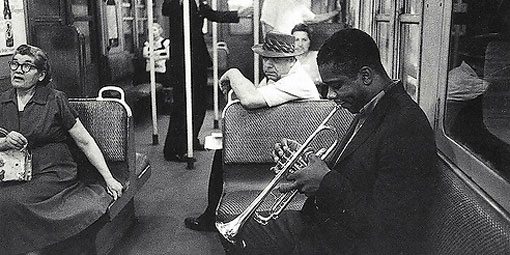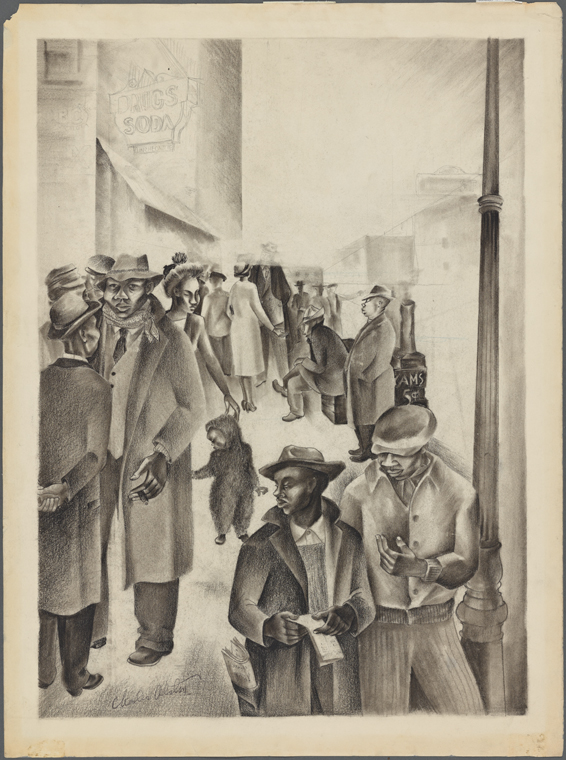Mary Schmidt Campbell, President of Spelman College, a women’s college that is one of the nation’s leading historically Black institutions of higher education, will deliver Teachers College’s seventh annual Edmund W. Gordon Lecture on Tuesday evening, November 17th at 6:00 p.m. Her topic is “Students Teaching Students: The Untapped Power of American College Students.”
This year’s Gordon Lecture is part of HR100, the College’s celebration of the 100th anniversary of the Harlem Renaissance.
Campbell is former head of the Studio Museum of Harlem and past Dean of New York University’s Tisch School of the Arts, as well as the author of An American Odyssey: The Life and Work of Romare Bearden, which won the 2018 Hooks National Book Award. During her five-year tenure at Spelman, she has enhanced Spelman’s reputation as the nation’s leading producer of Black women scientists.
Campbell, the President of Spelman College, is former head of the Studio Museum of Harlem and past Dean of New York University’s Tisch School of the Arts. She also is the author of An American Odyssey: The Life and Work of Romare Bearden, which won the 2018 Hooks National Book Award.
The Gordon Lecture, sponsored by Teachers College’s Institute for Urban and Minority Education (IUME), honors Gordon, the legendary psychologist, IUME founder and TC Professor Emeritus, who, at 99, continues to champion strategies for supporting the talent and brilliance of disadvantaged young people of color.
Upcoming events in the celebration also include “A Renaissance Education: Mildred Johnson Edwards and the Harlem School She Built,” focused on the late education reformer who, during the 1930s, founded The Modern School, a progressive, Black independent school that operated for more than 60 years in Harlem's Sugar Hill. At the event, which will take place on Tuesday, December 8th, from 5:00-6:00 p.m., visiting faculty member Deidre B. Flowers (Ph.D. '17), Assistant Professor and Interim Director of Africana Studies at Queens College, will present her research on Edwards. Flowers will then participate in a panel discussion with the following speakers: Ansley T. Erickson, Associate Professor of History & Education Policy (and Co-Director of TC's Center on History & Education); Nicole Furlonge, TC’s Klingenstein Family Chair Professor of Practice and Director of the Klingenstein Center for Independent School Leadership; Karen D. Taylor, Founder and Executive Director of While We Are Still Here, a nonprofit dedicated to preserving the history of 409 and 555 Edgecombe Avenue, a site connected to much of Harlem’s richest history; current TC doctoral student Khadijah Akeem; and members of The Modern School alumni community.
Upcoming events in the HR100 celebration include “A Renaissance Education: Mildred Johnson Edwards and the Harlem School She Built,” focused on the late education reformer who, during the 1930s, founded The Modern School in Harlem's Sugar Hill.
The HR100 celebration kicked off in late October with a book talk by Erickson and former TC faculty member Ernest Morrell (now at Notre Dame University), authors of Educating Harlem: A Century of Schooling and Resistance in a Black Community.
Many TC alumni were important Harlem Renaissance figures or were inspired by Harlem and its vibrant intellectual and artistic culture. The list includes:
- The dancers/dance educators Beryl McBurnie, Gertrude Colby and Charles Williams
- The poet and short story writer Gwendolyn Bennett
- The painters Aaron Douglas, Charles Alston, Alma Thomas, Herbert Gentry and James Lesesne Wells
- The jazz and R&B trumpeter and vocalist Donald Byrd
- The pioneering physician May Edward Chinn
“Through the Harlem Renaissance, African American intellectuals, artists and professionals in other fields profoundly shaped not only the culture of Black America, but that of the broader society in ways that continue to reverberate in our own era,” says Erica N. Walker, TC’s Clifford Brewster Upton Professor of Mathematical Education and Director of its Institute for Urban and Minority Education (IUME). “Teachers College’s role as an institution that was home, at various points, to many of these important figures is an enormously rich but often overlooked part of its history. We want to shine a spotlight on that period, celebrate its enduring legacy for the College, New York City and the world, and ensure that these narratives have a rightfully prominent place in the ongoing story of Teachers College.”
Walker and IUME have worked closely with TC’s Office of School and Community Partnerships to create and organize programming for HR 100, including a new website that will house archival materials gathered for the celebration.
“We view TC’s celebration of the Harlem Renaissance as an important affirmation of the College’s close proximity and longstanding ties to Harlem and of its history of championing equity in education and other fields for people of color,” says Nancy Streim, Associate Vice President for School & Community Partnerships. “That history dates back to TC’s role as the destination of choice during the first half of the 20th century for aspiring black teachers from the American South, and today includes the Teachers College Community School and our REACH partnership with other public schools in Harlem.”
Visit TC’s Harlem Renaissance celebration website for a complete listing and description of all related programming. Within Teachers College, the contributors to the celebration include IUME, the Office of School & Community Partnerships (OSCP), the Center on History and Education, the Klingenstein Center for Independent School Leadership and Media and Social Change Lab (MASCLab); the College’s programs in Art & Art Education, Music & Music Education, English Education and Dance Education, and TC’s Gottesman Libraries.
